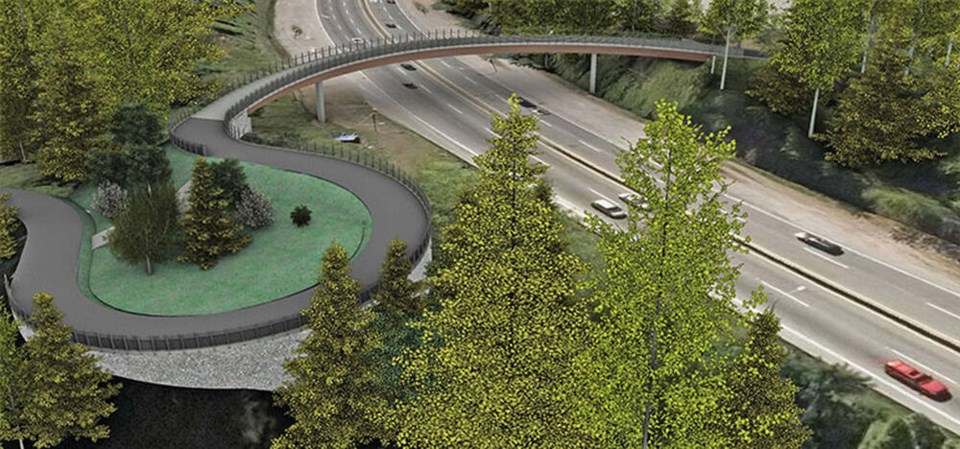City of North Vancouver property owners are looking at a 6.5- to 7.5-per-cent increase in their municipal taxes in 2024.
Council members met Monday to have their first public debate on the 2024 budget, which is expected to deliver a higher-than-usual tax increase thanks to inflation in labour costs and a series of capital projects on the to-do list.
Initially, council was presented with a draft budget including an 8.5-per-cent tax increase, but after hearing comments from the public and fellow council members, Mayor Linda Buchanan told staff to sharpen their pencils and return with something less “ambitious” in the 6.5- to 7.5-per-cent range.
Growth in operating costs will require a 4.9-per-cent increase alone. Finance staff are projecting an operating budget of $101.7 million in 2024, up $6.1 million over 2023, due largely to new labour contracts with unionized municipal employees and RCMP members signing new collective agreements.
New spending on asset management, communications, urban forestry, cycling and transit improvements, planning and data management could run another 1.6 per cent, while the council is also planning to dedicate a one-per-cent increase to renewing infrastructure, and another one-per-cent increase specifically for the rebuild of North Shore Neighbourhood House.
Since public consultations on the proposed budget began, about 250 pieces of public input have been received by the city – an order of magnitude more than usual. About 75 per cent of the comments were from the tennis community rallying to have money included in the budget for the replacement of existing courts that will be demolished for the new school in Cloverley Park and North Shore Neighbourhood House.
“Despite the unanimous support of council to address this problem, there’s not a dime in this budget to address it. Not a dime,” said Duncan Brown, president of the North Shore Tennis Society.
About 15 per cent of the comments received were calling on council to cut the tax increase by cutting spending, a sentiment expressed by city resident Bill Mason at Monday’s meeting. Mason noted that if council were to go ahead with the 8.5-per-cent increase, municipal taxes will have gone up more than 20 per cent since 2021.
“To take this massive jump and slam the property owners with an 8.5-per-cent increase is just too much,” he said.
Elected members had little issue with the growth in operating costs, but several expressed concerns with the growing capital budget, rattling off individual projects that could be put off to future year’s budgets. At $144 million, spending on projects in the proposed budget is double what it was in 2023.
“I don’t want to use the word ‘cut’ per se. It’s kind of like right-sizing this to actually fit what we can deliver,” said Coun. Tony Valente.
Coun. Holly Back suggested several projects that could be put off to future years – $900,000 for bicycle parking in destination areas, $200,000 for an outdoor cover at the Shipyards and $281,000 for a welcome desk for visitors to municipal hall.
“We do live in a beautiful, livable city, so if we have to take some of these things out of our plan this year, I think we’re all going to be OK,” said Back.
Coun. Jessica McIlroy, however, noted that all of the projects in the capital plan are there because they align with council’s priorities.
“I’m not overly concerned about what that final figure comes to. More important is that we look at what is feasible to deliver within this year and ensuring that we’re successful,” she said.
And Buchanan cautioned utility costs are expected to climb sharply in the years ahead to cover the costs of new water and sewage infrastructure in Metro Vancouver.
“That is going to have a significant implication for our budget,” she said. “So deferring may mean we’ve got harder decisions down the road.”



